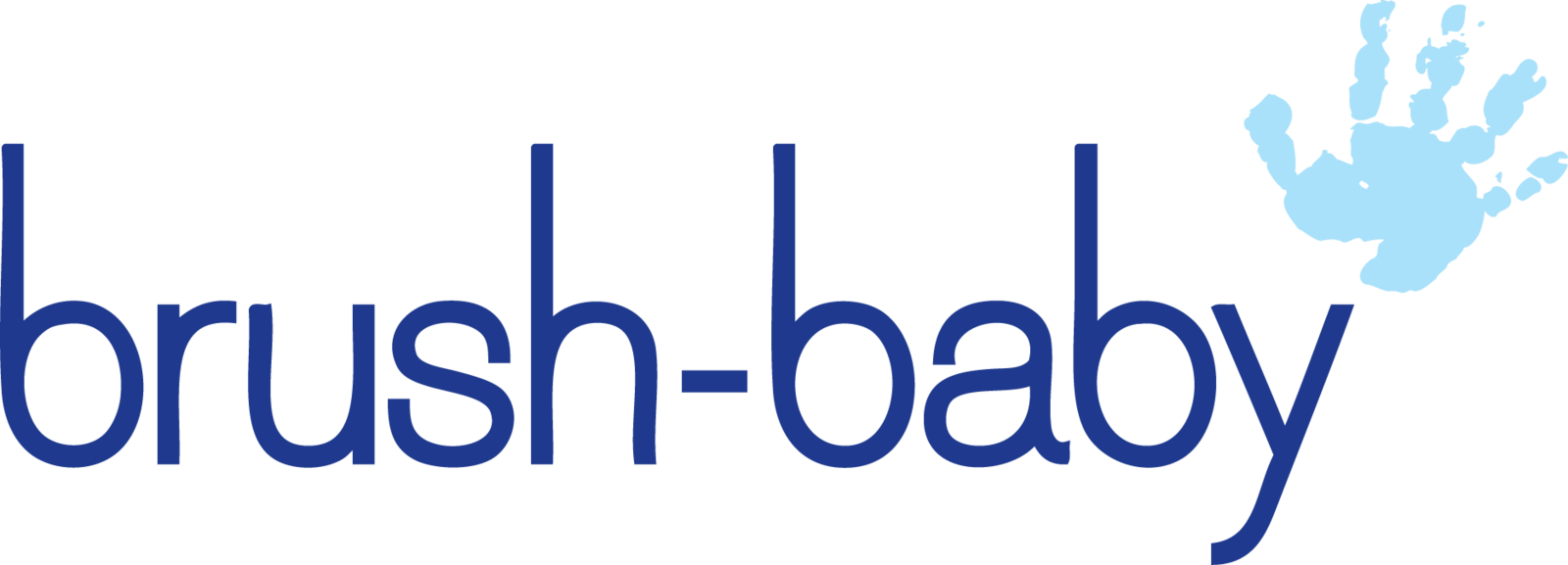The Truth about Teething
The Teething Process
Teething is the process by which an infant’s first teeth emerge through the gums. Teething may start as early as 3 months and as late as 12 months, but generally, first teeth appear between and 6 and 9 months. Let’s expose the myths and explain some truths about teething:
Teeth do not ‘cut’ through the gums
Biologically babies’ teeth do not ‘cut’ through the gum tissue. Instead special chemicals are released causing cells in the gums to separate and recede, allowing the new teeth to come through. This process should not be painful, although there may be some discomfort, which is why toddlers like to chew on the area. Teething is often accompanied by drooling due to increased saliva levels, this is good because it helps to flush the area and keep gums clean.
Teething doesn’t cause illness…
…however it can coincide with the time that toddlers are losing their protective maternal antibodies and building up their own and at this time they can be more susceptible to infection and minor illness.
So what causes teething pain?
Pain and distress during teething is generally due to inflammation and infection of the gum tissue. This is caused by bacteria and microscopic material getting into the gum tissue as the gum cells separate and recede to let the new tooth move upwards. Food deposits and bacteria may also get caught in tiny gum flaps around the newly-emerged tooth.
How can I help prevent teething pain?
Clean your baby’s gums every day to reduce bacteria and food deposit build-up. Use a clean gauze and cooled, boiled water or specially designed baby DentalWipes Brush teeth from when the first tooth appears and keep teething gums clean. Specially-designed dental teethers with silicone bristles help clean both teeth and gums as it is chewed.
Brush from the first tooth!
As soon as teeth appear, decay can occur. So brush your baby’s teeth twice a day with a children’s fluoride toothpaste, even if there is only one tooth!
Protect teeth from sugars
- Keep fruit juice and sugar drinks (including fizzy drinks) out of your baby’s bottles. This will rot teeth. Use water instead.
- Introduce your baby to a free-flow cup from 6 months of age, and from the age of 1, avoid feeding from a bottle.
- Don’t leave your baby at night with a bottle.
- Never dip dummies in anything sweet.
Support good dental development
- Avoid using dummies or choose one with an orthodontic design.
- As your baby’s teeth develop check them by lifting the lips and if you are worried ask your dentist.
- Take your baby to see the dentist by the time they are one year old. Every baby should have been examined by a dentist by the time they are one. Even if they don’t have their teeth yet.




